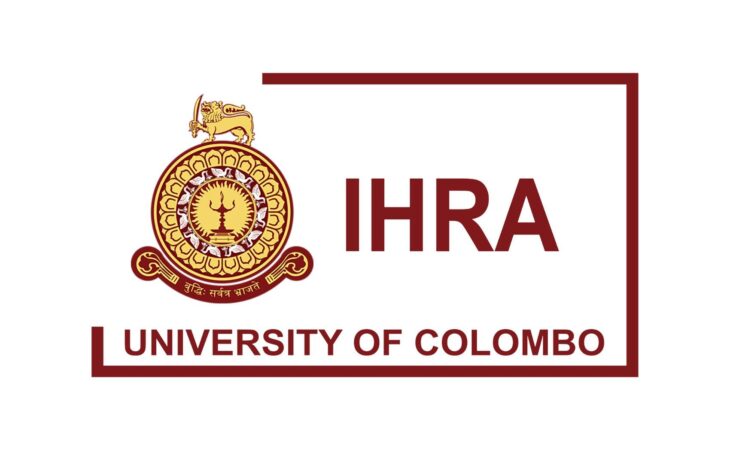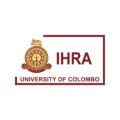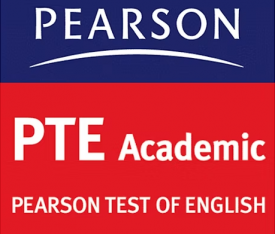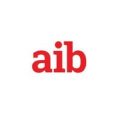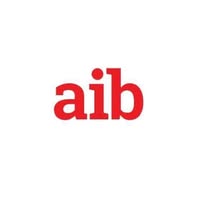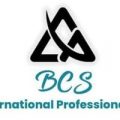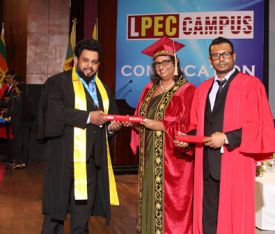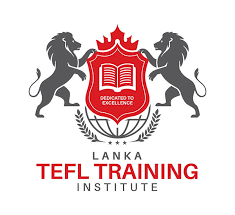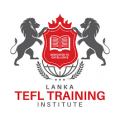- Certificate Course in Basic Korean Language (CBKL)
At the end of this course students will be able to:
- Read and write in Korean alphabet (Hangeul).
- Interact in predictable situations to exchange basic personal details, such as name, nationality, occupation, family members etc.
- Engage in basic conversations about everyday life such as greetings, asking/giving directions, daily routines, past activities, asking prices, order or buying things using appropriate number system and counting units.
- Write simple sentences about self-introduction, daily activities, school etc.
- Demonstrate knowledge about Korea, Korean people and the creation of the Korean alphabet (Hangeul).
- Certificate Course in Intermediate Korean Language (CIKL)
At the end of this course students will be able to:
- Interact in familiar situations with greater accuracy and fluency.
- Engage in conversations by distinguishing correctly between formal and informal situations.
- Engage in more tasks about giving reasons, making apologies and requests, making plans and suggestions, asking someone’s opinion, describe family members etc.
- Read and understand key information in authentic texts such as notices, letters, diaries, simple ads, blog entries, maps etc.
- Write short compositions about self-introduction, vacation, trips, family members, classmates, hometown, my country, hobby etc.
- Type in the Korean alphabet and create emails and notes in real life context.
- Demonstrate knowledge of everyday life in Korea. (Seoul, Korean foods, Tourist attractions, Transportation, Traditional games etc.)
- Certificate Course in Advanced Korean Language (CAKL)
At the end of this course students will be able to:
- Carry out conversations using more complex sentence structures with people in public spaces.
- Describe feelings, personal ideas, appearance, personalities, illnesses, worries and concerns etc.
- Write compositions or reports about school life, past experiences, future plans, a person he/she admire etc.
- Read, understand and summarize key information in long texts such as notices, letters, diaries, ads, blog entries, newspaper articles etc.
Write and understand the structure of academic Korean texts in literary style (muneoche). - Type in the Korean alphabet and create emails, notes, invitations, ads in real life context, post short entries on class groups or SNS platforms.
- Demonstrate knowledge of Korean society.



